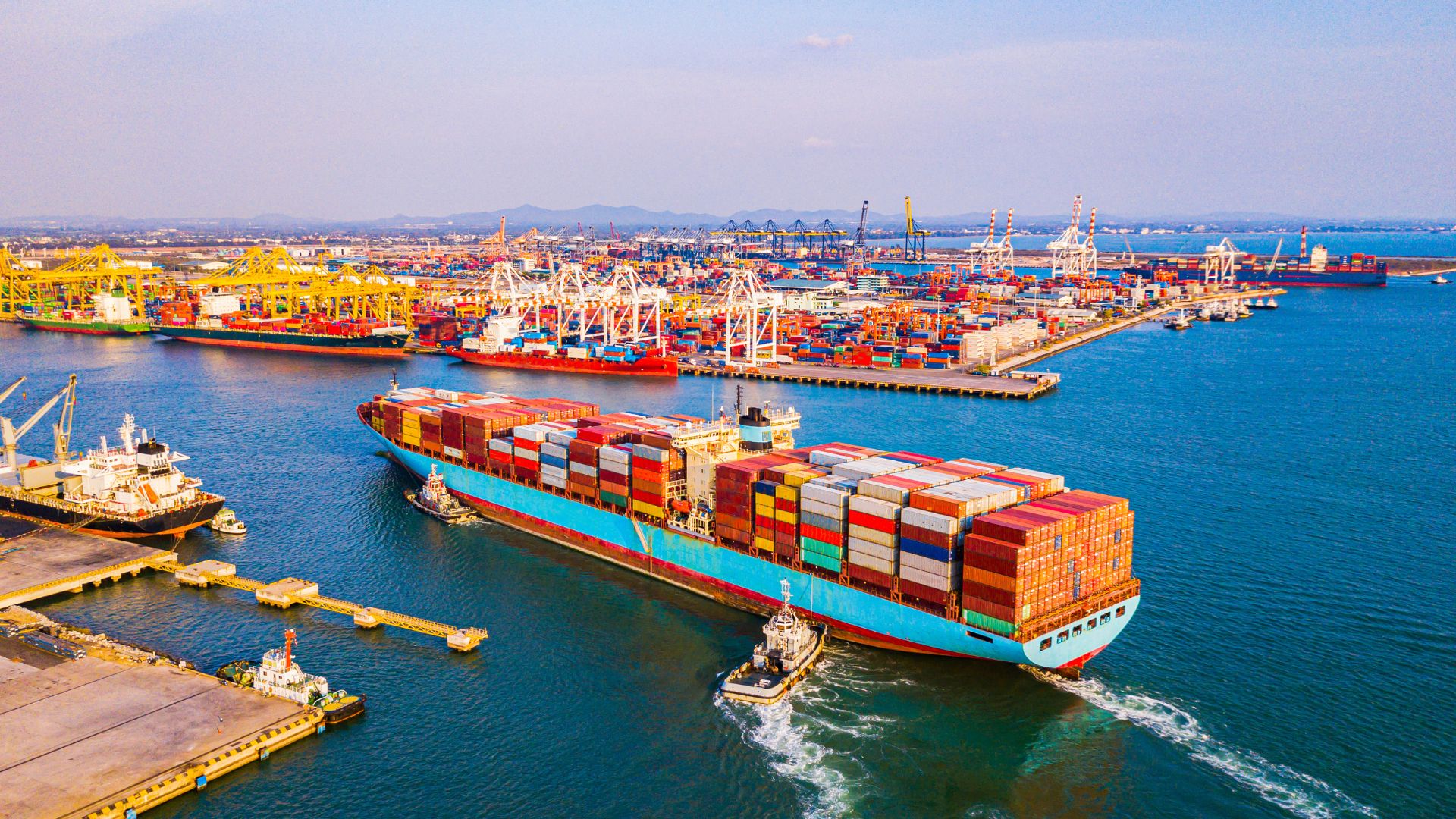What is FSSC 22000?
FSSC 22000 Definition: FSSC 22000 is a Food Safety Management Certification Scheme, managed by Foundation FSSC 22000 and governed by an independent Board of Stakeholders which consists of representatives from several sectors in the food industry. FSSC 22000 is used to control food safety risks.
The Food Safety Certification requirements provide a rigorous system to manage food safety risks and provide safe products for use by companies in the food industry.
FSSC 22000 is a GFSI recognized food safety certification. This allows your customers to have confidence in your food safety program and know that you have a rigorous food safety system in place.
What Does FSSC 22000 Stand For?
FSSC stands for Food Safety System Certification.
What Are The Benefits?
Managing Risk
First and foremost, building your food safety management system will provide your company with effective management of food safety hazards by creating an environment capable of producing safe product and a management system to continually manage, monitor, validate and improve the system.
Maintain Current Customers
Statistics show that approximately 1 out of 4 certified companies are asking their suppliers to achieve certification. Chances are that if you have not been asked yet, you will be asked in the near future. Starting on your certification can help you stay competitive and qualified to work with your current customers.
Increase Your Market Reach
Large retailers and multinational manufacturers or processors are also demanding certification of their suppliers. FSSC 22000 Certification means you are qualified to supply these organizations or their suppliers, opening up a large market for your products.
Prepare for New Regulations
Countries across the globe are making changes to food safety regulations, including the United States and its Food Safety Modernization Act (FSMA). The newest version, 6, prepares your organization to meet many or most of the FSMA requirements.
Why FSSC 22000?
The FSSC 22000 System was designed to provide companies in the food industry with an ISO-based food safety management system certification that is recognized by the Global Food Safety Initiative (GFSI). Recognition by GFSI provides worldwide recognition and acceptance by food manufacturers and retailers. FSSC 22000 defines requirements for integrated processes that work together to control and minimize food safety hazards. FSSC 22000 is a fast-growing certification scheme and has issued over 30,000 certificates worldwide.
Once a facility implements processes that address all the requirements of FSSC 22000, they can be certified to FSSC 22000. The certification program is managed by the Foundation for Food Safety Certification
Whether you are going to transition from FSSC 22000 version 5.1 to 6 or are starting your implementation with Version 6, we have training and tools to help.
- FSSC 22000 Online Training available for Food Safety Team Leaders, Food Safety Team and Management, Internal Auditors, and Employees.
- FSSC 22000 Downloadable and Customizable Templates for documenting your FSSC 22000 Version 6 Food Safety Management System.
More Resources
- Free Download from FSSC 22000: Version 6 Scheme Documents
- FSSC 22000 Quick Start Guide
FSSC 22000 Food Safety Management System
The FSSC 22000 system uses a management systems approach to food safety, using ISO 22000 for the management system requirements and ISO Technical Standards (for prerequisite program requirements). The food safety management system integrates nicely with other management systems such as ISO 9001 and ISO 14001.
FSSC 22000 Prerequisite Program Requirements (PRP)
Prerequisite programs are programs and practices put in place to address the role the production environment plays in producing safe food products.
FSSC 22000 requires that the organization establishes PRP programs to control the likelihood of introducing contamination through the work environment. There are different PRP requirements depending on your industry:
- ISO/TS 22002-1: Food Processing
- ISO/TS 22002-2: Catering
- ISO/TS 22002-3: Farming
- ISO/TS 22002-4 Food Packaging Manufacturing
FSSC 22000 Requirements
The certification scheme and requirements are defined in three documents:
- FSSC 22000: Part 1 Requirements for organizations that require certification This document is available for download at no charge at www.fssc22000.com
- ISO 22000:2018: Food safety management systems – Requirements for any organization in the food chain.
- Requirements for Prerequisite Programs
The document you use for prerequisite programs will depend on your scope.- Food Processors use ISO/TS 22002-1: Prerequisite programs on food safety – Part 1: Food Manufacturing. Available from www.iso.ch or Techstreet.com
- Caterers use the ISO/TS 22002-2
- Food Packaging Manufacturers use the ISO/TS 22002-4 – Prerequisite programs and design requirements for food safety in the manufacture and provision of food packaging. Available from shop.bsigroup.com
- Manufacturers or Providers of Animal Food, Feed, or Ingredients use the PAS 222 – Prerequisite programs for the manufacture of food and feed for animals. Available from shop.bsigroup.com
The FSSC 22000 Certification Audit
The certification audit and surveillance audits take a management systems approach, with a process-based audit instead of a checklist-based audit. The audits determine if your FSMS meets the requirements of the FSSC 22000 standard, if it does your organization is recommended for certification. If it does not you will need to make improvements to the system before achieving certification. There is no score or grade from the audit.
FSSC 22000, ISO 22000, and the Global Food Safety Initiative, (GFSI)
The Global Food Safety Initiative (GFSI) is a division of the Consumer Goods Forum and a collaboration of retailers, manufacturers and food service companies that has been working on harmonization of food safety standards. GFSI benchmarks the various food safety standards against a basic set of criteria. Standards meeting the criteria are recognized. Many large retailers and manufacturers are requesting their suppliers to register to a GFSI-recognized scheme. One of the benchmarked standards is FSSC 22000, which, as we stated above, uses ISO 22000 for the management systems requirements.
What is ISO 22000? The International Organization for Standardization (ISO) developed a Food Safety Management System following a similar format as the well-known quality standard ISO 9001. The Food Safety Management System standard is ISO 22000. The standard is applicable to any company in the food industry, from farmers, manufacturers, and transporters to packagers and retailers. ISO 22000 registration is recognized worldwide and is growing in popularity.
However, the ISO 22000 Certification is not recognized by GFSI and GFSI recognition is playing an important role in Food Safety Management Systems Certification. To address this, the Foundation for Food Safety Certification created the FSSC 22000 scheme. By using the ISO 22000 standard, adding Prerequisite Program requirements and a few general requirements the Foundation created an ISO 22000-based scheme that was benchmarked and recognized by GFSI.
How we Help You Achieve Certification:
Registrar Corp provides you with the knowledge and tools that you need for a successful certification project. Our online training programs walk you through each step of designing, documenting, and implementing your system so you are ready for your certification audit. Versions available for Food Processors or Food Packaging Manufacturers.
What Is FSSC 22000 Version 6?
Version 6 is the newest and current version of FSSC 22000.
FSSC 22000 continues to be based on the ISO 22000 standard.
Certification Audits or Surveillance Audits that take place after April 1, 2024, will be to Version 6.
How Do We Get FSSC 22000 Certified?
Basic Steps to Certification
- Purchase/Download the Standard documents
- Learn what is required for the food safety management system
- Designate and train your Food Safety Team Leader
- Design, document and implement the required processes and prerequiste programs (PRPs)
- Train your internal audit team
- Run your system, collect records, perform internal audits, management review and HACCP team meetings.
- Make corrections and improvements to your system.
- Select a certification body
- Schedule and complete your audits
How Long Does it Take to Get Certified?
Getting ready for registration involves building your Food Safety Management System, documenting that system, and implementing it throughout your organization. A 2012 survey of certified companies showed an average of 8-12 months to prepare for certification. Based on information from our visitors and customers, the average time for implementation is approximately one year, however, the time frame will vary depending on your organization’s specific circumstances. Your timeframe may be shorter or longer than average.
Consider the following:
- Do you have a Food Safety Management System or parts of a system in place?
- How much time can personnel devote to working on the Food Safety Management System development each week?
- What tools or assistance will you use?
- How many products, product groups, or process lines do you have?
- How complex are your processes?
- Read more about how long it will take.
- Learn how our online Training & Templates can help you implement efficiently, effectively, and affordably.









